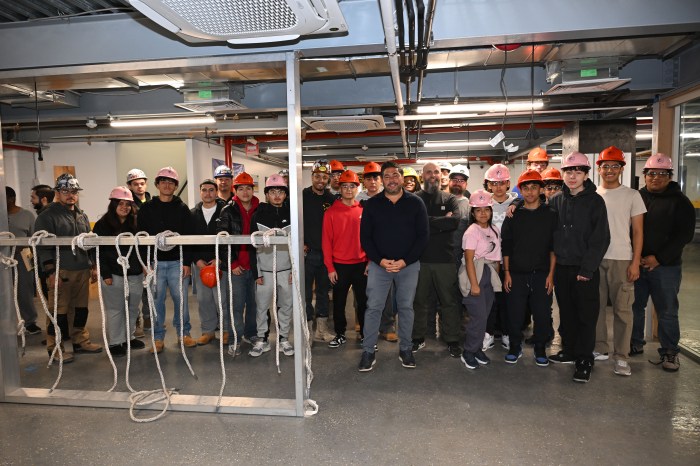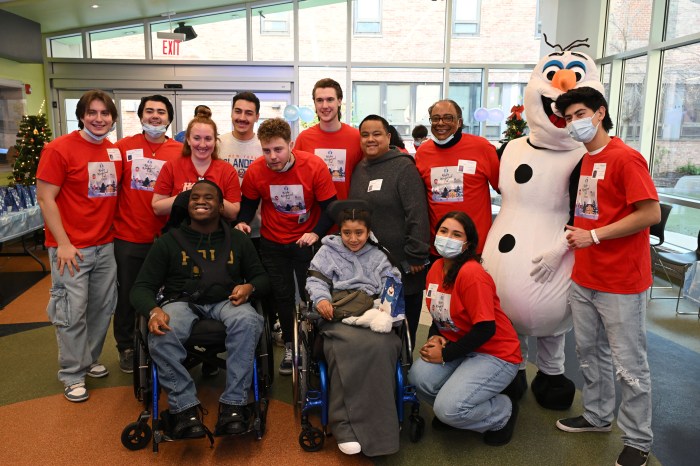Parents or caregivers whose first language is not English often have questions about how to maintain bilingual education for children entering preschool, kindergarten or first grade. Maria Torres-Guzman, associate professor of bilingual education at Teachers College, Columbia University, offers some tips.
“Parents should help the child develop intellectually in the language that is strongest at home,” Torres-Guzman said. “Parents can read and tell stories and talk with their children, in their own language, about special or everyday experiences. This is important for linguistic and intellectual development, and it assists children in their social development as well.”
Parents should require the use of their native language in certain situations. “If they do not,” said Torres-Guzman, “English will take over.”
Children could speak only the parents’ native language with one parent, or in certain locations or time of day - kitchen, outside, bedtime, etc.
If the parents are English speakers, they may want to introduce another language through books, computer games and television shows such as the “Dora the Explorer” series on Nickelodeon, or by reading and learning songs in the second language. This provides learners the motivation and disposition to learn the second language, said Torres-Guzman.
Suggested activities include:
“The more children are developed in the first language, the better, because when they encounter the second, they have a base from which to transfer.”
Teachers College is the largest graduate school of education in the nation.
Teachers College is affiliated with Columbia University, but it is legally and financially independent. The editors of U.S. News and World Report have perennially ranked Teachers College among the nation’s leading graduate schools of education.
Through partnerships with policymakers and practitioners at the local, national and international levels, Teachers College is dedicated to promoting excellence and equity in education and overcoming gaps in educational access and achievement between the most and least advantaged groups.
Through scholarly programs of teaching, research, and service, the college draws upon the expertise from a diverse community of faculty in education, psychology and health, as well as students and staff from across the country and around the world.
For more information, please visit the college’s web site at www.tc.columbia.edu.
Maria Torres-Guzman is associate professor of bilingual education at Teachers College, Columbia University.



































